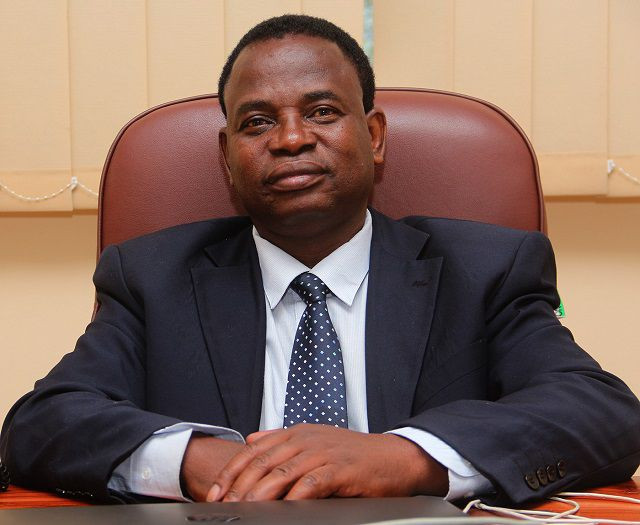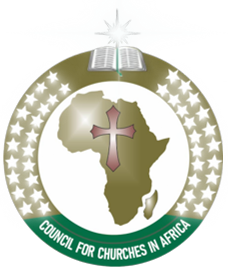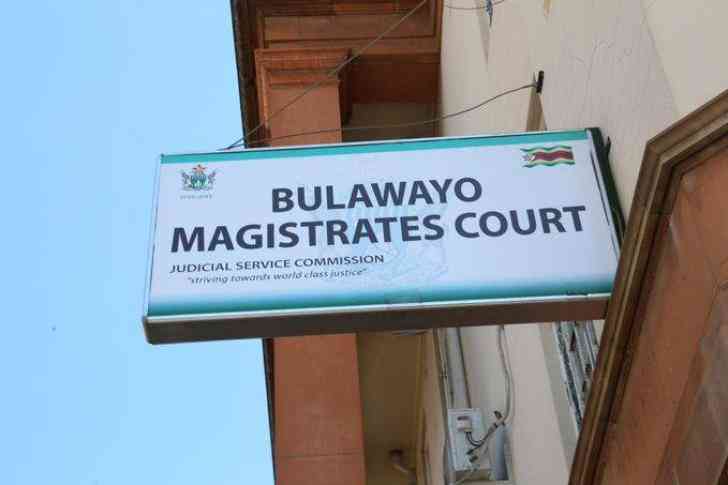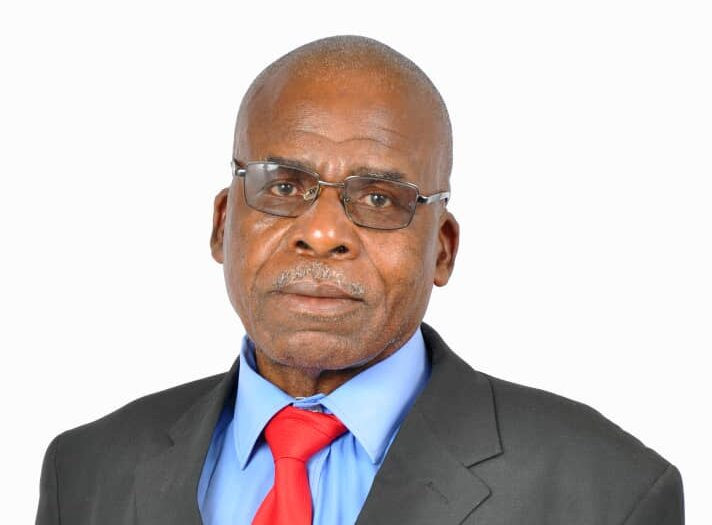
Vusumuzi Dube (48) from Gwanda North in Matabeleland South says he has never regretted his move to neighbouring South Africa.
Dube, a former lecturer of art and design in the Department of Teacher Education at Joshua Mqabuko Nkomo Polytechnic in Gwanda, quit his job in 2007 because of poor remuneration.
Dube claimed that teacher representative organisations sounded pro-government, and couldn't bargain in good faith on their behalf.
"I migrated to South Africa regularly in 2007 and was subsequently employed by the government as a teacher,” he said.
“I was later promoted from post level 1 educator to departmental head (level 2).
“The economic challenges caused by economic instability forced many of us out of Zimbabwe.”
Dube said he studied with a South African college through distance education to make sure that he gets a recognised qualification before moving to the neighbouring country.
"As a result those South African qualifications (diplomas in journalism and professional writing earned from Intec College in Cape Town, Bachelor of Education: Honours-Environmental Education earned at Unisa and Masters in Public Administration earned at University of Free State made me fit in the South African system," Dube proudly said.
- Record breaker Mpofu revisits difficult upbringing
- ED speaks on prices, exchange rate
- Mapeza looks forward to Bosso challenge
- Illegal gold rush fuels violent crimes
Keep Reading
Dube said his right to be in South Africa is protected by the public protector.
"Here there has been fair and undiscriminating labour practices until 2015 when they began to retrench all non-identity documents holders and now they are no longer employing permit or passport holders in the Education sector," he said.
“The two senior degrees I achieved in South Africa wouldn't be achieved if I was home.
“The house I built in town and the business I registered in South Africa wouldn't be registered back home due to tough business regulations back home, such as that for one to open a security business you need to have been in in some sort of uniformed force and should have a fat bank account, the conditions which are not demanded in South Africa.
“Here it costs less than a 1 000 rands to open any form of business.”
Dube said his family still residents back home in Zimbabwe.
“My family frequently visits me in South Africa but stays in Zimbabwe,” he said.
Nkosilathi Ncube (55) of Dlawa village in Nkayi, Matabeleland North, Zimbabwe, also said he does not regret quitting his teaching job in Zimbabwe.
Ncube is now a member of the National Professional Teachers Organisation of SA (NAPTOSA), the second largest teachers union in South Africa.
“From 2000 to 2007, salaries started to go down badly. It was slavery, worst in 2007," Ncube said.
"We could protest as teachers, but the government was very arrogant.
“It never listens to teachers.
“They encouraged us to leave work if we did not want a poor salary.
“I left for South Africa in 2007 and became a security officer. I earned far, far better than teachers in Zimbabwe.
“I crossed to South Africa using my payslip, through regulated means."
Ncube said perpetual poverty forced him to think of migrating to SA.
“In 2009, I got a job as a lecturer at Gauteng Community Learning College, a government institution teaching skills like poly technical colleges in Zimbabwe,” he said.
“I studied physical sciences, natural sciences, and I am teaching those scarce skills.
"In professional institutions all workers are paid according to their qualifications.”
He added: “Of course, qualifications from Zimbabwe are downgraded.
“For example, a diploma is equivalent to grade 12 (Matric).
“I am not free at work since locals no longer want Zimbabweans in South Africa. Xenophobia is bad."
Ncube said his family has also migrated to South Africa.
“At my school, 90% of teachers drive their own cars and have bond houses,” he said.
“As I speak I have two cars, my house is in Brakpan town, a low density suburb.
“I have started my Security Company in South Africa
“I am just busy with paperwork and will be officially launched when I am done with all the paperwork.”
Global Immigration and Legal Consultancy (GILC) legal director, Gabriel Shumba, who is based in South Africa said migrant teachers and other workers were protected by the provisions of the Labour Relations Act and the Basic Conditions of Employment Act.
"Those in the public service are also assisted by the Public Service Act, among others,” Shumba said.
“The employment of Educators Act, and the South African Schools Act (No. 84 of 1996) then comes in to regulate the governance of schools including the roles and responsibilities of teachers.
“All these and other pieces are subject to the constitution, which makes discrimination on the basis of nationality, among other things, unlawful.”
Shumba, a lawyer originally from Zimbabwe, however, said they have received several cases where migrant educators are subjected to unfair labour practices.
"Others complain of being underpaid and from our side, we give legal advice on how best to surmount the challenges,” he said.
“In some instances, we represent those affected and assist with applications for the necessary and correct documents either under the Refugee Act of 1998, or the Immigration Act.”
As of June 2024, latest data in a report by the Ministry of Primary and Secondary Education reveal that in 2019, 826 of about 7,307 Zimbabwean teachers resigned for various reasons, including retirement and discharge.
The Progressive Teachers Union of Zimbabwe estimates that between 2022 and 2023, Zimbabwe lost between 1,000 and 1,800 teachers who left the country for greener pastures abroad.
A survey by the Amalgamated Rural Teachers Union of Zimbabwe says between October 2022 and October 2023 about 4,000 teachers left the country.
According to the International Labour Organisation (ILO) labour migration in Africa is largely intra-regional (80%)1 and mainly characterized by the migration of low-skilled workers.
"Of great importance in the region is the consolidation of significant South-South migration corridors to neighbouring labour markets in search for a job and better wages," the ILO noted in a report dated February 11, 2019.
"The ILO’s strategy on labour migration in the African region is guided by its International Labour Standards (ILS) and Decent Work Agenda, and implemented in close collaboration with the World of Work actors (Ministries of Labour and workers’ and employers’ organisations from the 54 African countries).”









